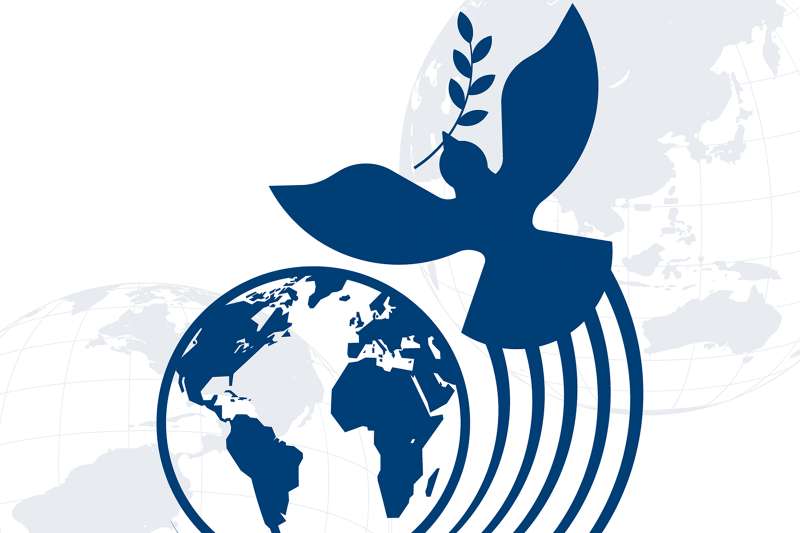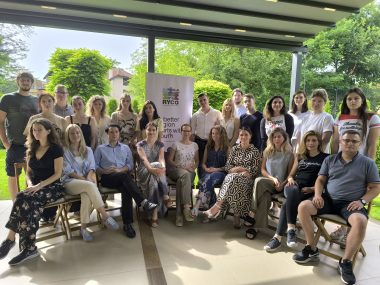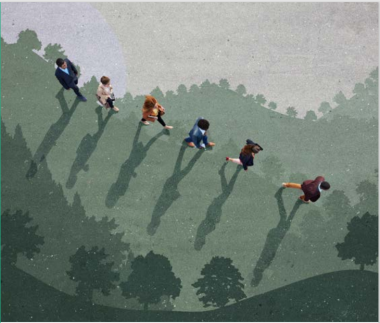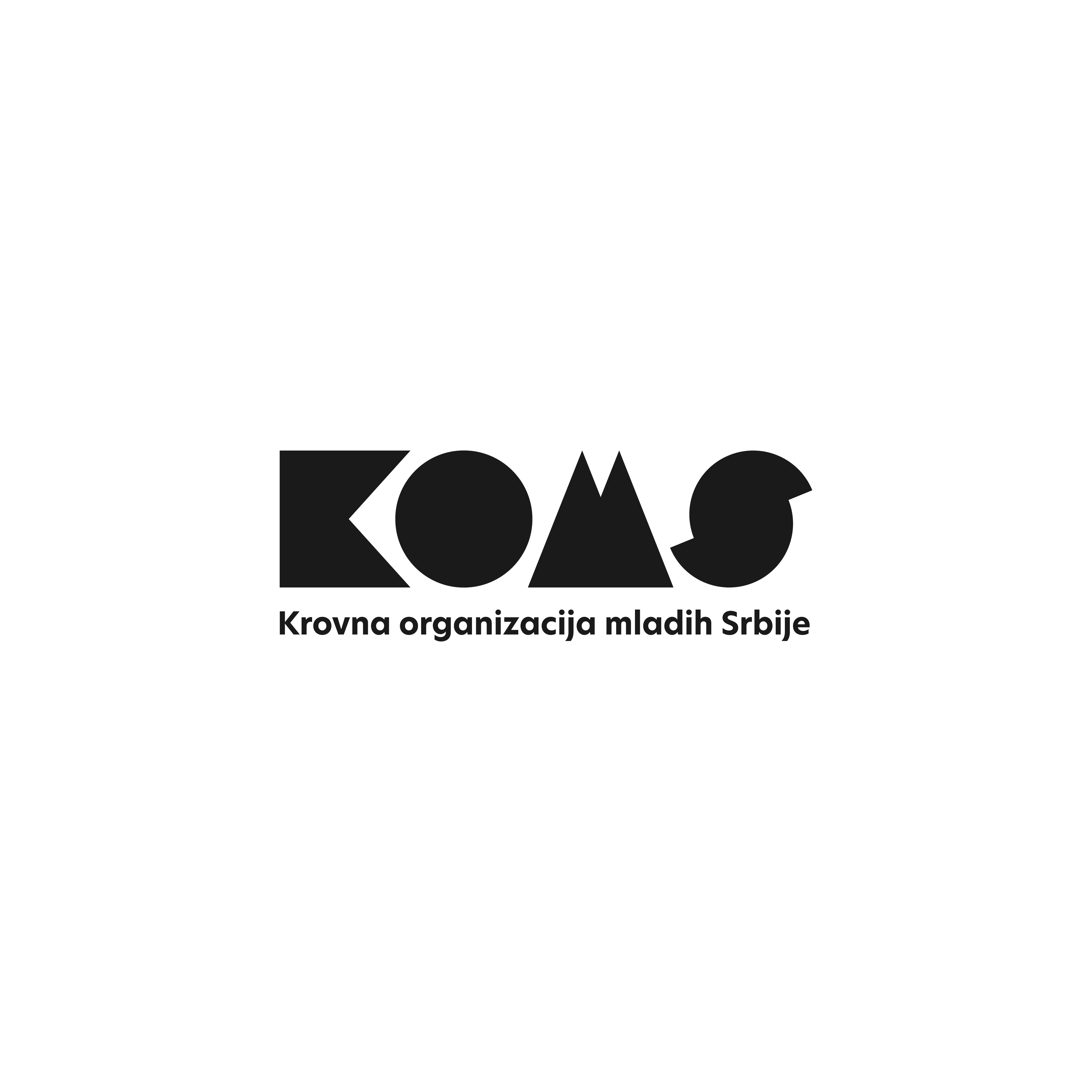Building Inclusive and Peaceful Communities
BY RYCOWBORG

Building Inclusive and Peaceful Communities
May 13, 2024
2. The stability of our region in the past years has been fragile and a prone to outer influences, which shows the need for us to build stronger connections between our communities, starting from the young generation. The youth of the Western Balkans should find the way put differences aside and commit to a cooperative and vital work that lies ahead of us with the aim of transforming the region and our countries.
While bilateral issues may persist in the future, striving for a reality devoid of all challenges may not be realistic. However, these issues can be addressed through cooperation and bilateral dialogue. Our region's youth possesses the capability to work together, building bridges instead of tearing them down. By acknowledging our differences while focusing on our shared values and aspirations, we can forge a path toward lasting peace and prosperity.
3. When discussing peacebuilding and the importance of forgiveness as a pathway to a prosperous future, real-life examples can offer invaluable insights. A recent visit to Japan through the MIRAI program, which aims to foster mutual understanding among future leaders, provided me with a profound opportunity to witness firsthand the resilience and reconciliation of the Japanese people in the aftermath of World War II.
Visiting the Hiroshima Peace Memorial Museum, I was confronted with the harrowing realities of war, particularly the devastating impact of the atomic bomb. Yet, amidst the testimonials of destruction, I was struck by the Japanese people's remarkable ability to move beyond the trauma of the past and focus on building a brighter future.
During a Peace Tour, our guide, a second-generation survivor of the Hiroshima bomb, shared a poignant message passed down from his grandfather: 'Promise me one thing. You have to make friends everywhere you go, and then, how can you drop bombs on your friends?'
This reflection on Japan's journey from suffering to prosperity underscores the transformative power of forgiveness and reconciliation. In the Western Balkans, where historical wounds and tensions persist, there is much to learn from Japan's example. If we are to truly aspire to lasting peace and stability in our region, we must embrace a similar mentality of building strong relationships and looking towards the future, even amidst our differences.
If Japan learned how to live and build from being captured in a dark reality, the Western Balkans can also understand to populate this beautiful region by being good neighbors to each other, because we like it or not, we will be here forever, sharing the seas, mountains, roads and more.
4. The goal for young people of the Western Balkans should be to understand the potential of the future rather than just coming to peace with the scars of the past. In order to achieve a European reality in the Balkans while maintaining our unique identities, youth cooperation is essential.
Youth exchanges are a powerful way of creating the foundation for future peaceful communities. These exchanges promote face-to-face connection, collaboration, and mutual understanding among young people from different backgrounds. Young people have the power to overcome stereotypes, cultivate empathy, and create lasting relationships across national borders through shared experiences.
Furthermore, youth empowerment initiatives are essential for maximizing the potential of intelligent individuals in the Western Balkans. These programs enable young leaders to contribute their insights and promote positive change in their communities and beyond by offering opportunities for exposure and idea exchange.
About the author: Elvis Çaushaj, a final year journalism and communication studies student from Albania, is a dedicated advocate for peace and inclusivity in the Western Balkans. With over two years of experience in the media industry, he also participates in various youth initiatives and currently serves as a member of the Youth Council of Tirana. Through his commitment to storytelling and community engagement, Elvis strives to contribute to positive change and foster dialogue among diverse communities in the region.
*Youth, Peace and Security Agenda is all about mainstreaming youth opinion and participation in policy and peace dialogs. As a supporter of the YPS Agenda in the region, RYCO provides the space for youth to express their opinions and solutions for sustainable peace. However, views and opinions expressed are those of the author(s) only and do not necessarily reflect those of the RYCO. Neither the RYCO nor the granting authority can be held responsible for them.















